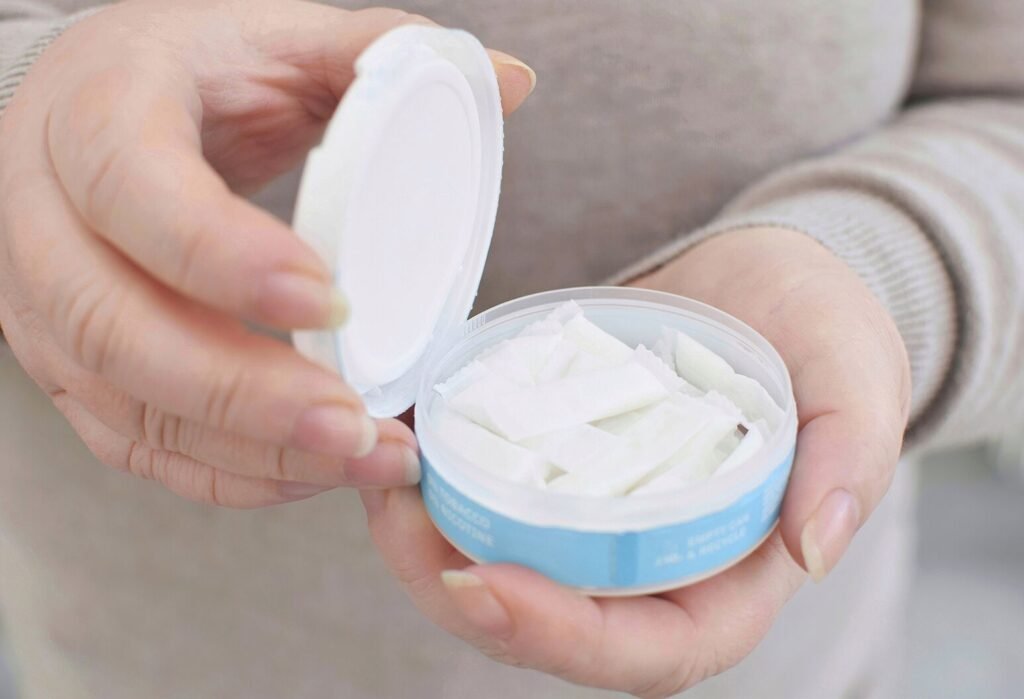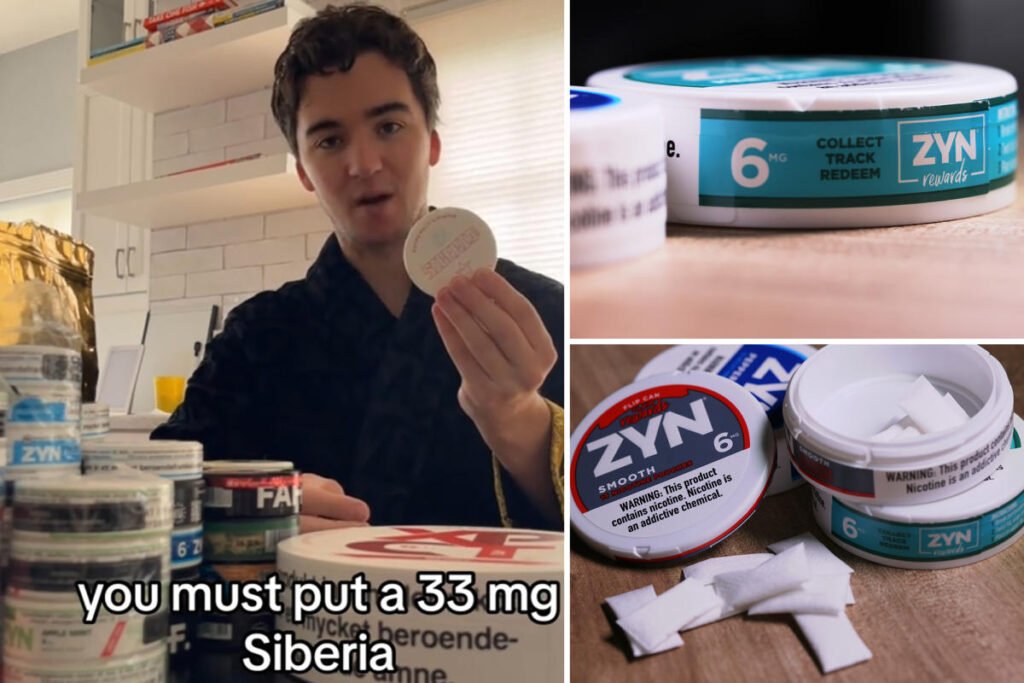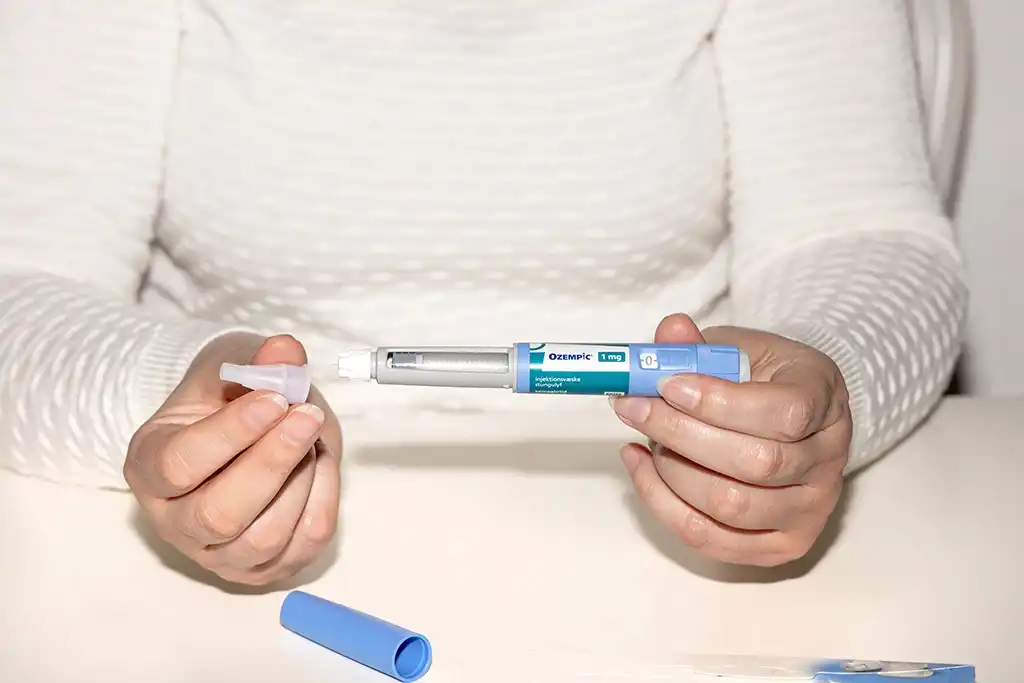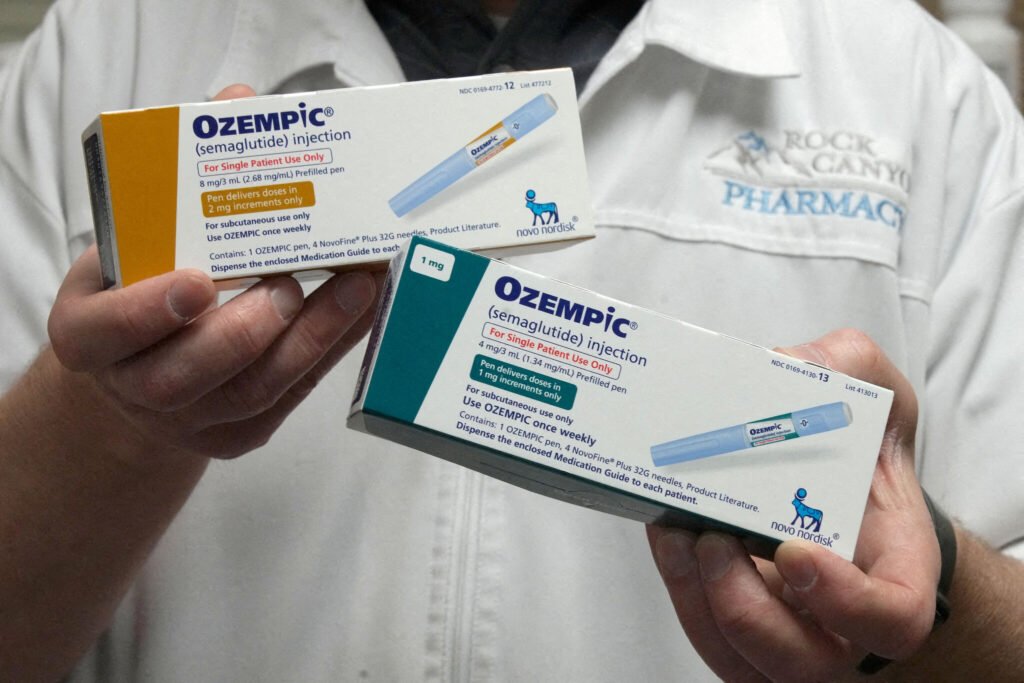Introduction
The search for affordable or alternative solutions to popular medications like Ozempic has led to increasing curiosity about terms like “Ozempic dupe gas station.” Ozempic, a prescription medication for Type 2 diabetes that has gained fame for its weight-loss benefits, is not typically available at unconventional locations like gas stations. However, this search term likely refers to people looking for less expensive or over-the-counter alternatives.
In this guide, we’ll explore Ozempic’s functions, discuss potential “dupes,” highlight the risks of purchasing unregulated products at non-traditional venues, and provide tips on finding safe and effective options for diabetes and weight-loss management.
What is Ozempic?
Ozempic is a prescription medication containing semaglutide, a GLP-1 receptor agonist. Originally developed for Type 2 diabetes management, it has also proven effective in promoting weight loss. Ozempic works by:

- Regulating blood sugar: It helps the pancreas release insulin in response to meals.
- Suppressing appetite: Slowing gastric emptying, making users feel fuller for longer.
- Reducing cardiovascular risks: Studies show Ozempic can lower the risk of heart attacks and strokes.
Due to its efficacy in weight loss and glucose control, it has become a popular choice. However, the high cost often drives people to seek cheaper alternatives, including searching for an “Ozempic dupe gas station.”
Why “Ozempic Dupe Gas Station”?
The idea of finding an “Ozempic dupe” at a gas station might seem unusual, but it points to the growing demand for accessible and affordable weight-loss solutions. People often associate gas stations with selling non-prescription items like energy supplements, herbal weight-loss pills, and over-the-counter medications.
While Ozempic is a prescription-only medication, some individuals might mistakenly believe similar products are available at gas stations. Here’s what you should know:
- No True Dupes Exist: Ozempic’s active ingredient, semaglutide, is patented and unavailable in over-the-counter or gas station alternatives.
- Unregulated Supplements: Many weight-loss pills or energy boosters sold at gas stations are not FDA-approved and may contain harmful ingredients.
- Safety Concerns: Taking unverified products to mimic the effects of Ozempic could pose serious health risks.

Understanding the Search for Ozempic Alternatives
Why Are People Looking for “Ozempic Dupes”?
Ozempic’s high price tag, often exceeding $800–$1,000 per month without insurance, makes it unaffordable for many. This drives people to search for cheaper, over-the-counter options or natural supplements. However, the term “dupe” can be misleading when it comes to pharmaceuticals.
- Affordability: People want a low-cost solution for weight loss or diabetes management.
- Accessibility: Some individuals may lack access to healthcare providers for obtaining a prescription.
- Misinformation: Marketing of “miracle” weight-loss pills often mimics the promises of drugs like Ozempic, misleading consumers into believing they are viable substitutes.
What Products Are Marketed as “Ozempic Dupes”?
Products marketed as dupes are often supplements or herbal remedies claiming to offer similar benefits:
- Appetite suppressants: Pills containing caffeine, green tea extract, or garcinia cambogia.
- Metabolism boosters: Products that increase energy levels but lack clinical proof for long-term weight loss.
- Blood sugar control aids: Supplements with chromium, berberine, or cinnamon extract.
These products are readily available at gas stations, convenience stores, and online but lack the rigorous testing and approval process that ensures Ozempic’s safety and efficacy.
The Dangers of Buying Weight-Loss Products at Gas Stations
When searching for “Ozempic dupe gas station,” it’s essential to understand the risks associated with purchasing unregulated products:
1. Unverified Ingredients
Gas station supplements are not subject to the same FDA regulations as prescription medications. These products may contain:
- Harmful stimulants like ephedrine or synephrine.
- Undisclosed additives or contaminants.
- Ingredients that interact negatively with existing medications.

2. Lack of Clinical Evidence
Unlike Ozempic, which has undergone extensive clinical trials, most over-the-counter weight-loss products lack scientific backing. Their claims of appetite suppression or weight loss are often unsubstantiated.
3. Short-Term Effects, Long-Term Risks
Even if some gas station supplements provide temporary weight loss, they rarely address underlying health issues like insulin resistance or Type 2 diabetes. Over time, these products may cause more harm than good.
4. False Advertising
Some products at gas stations may claim to mimic the effects of Ozempic but are merely branded to capitalize on its popularity. Be wary of exaggerated claims such as “Lose 10 pounds in a week!”
How to Find Safe and Affordable Ozempic Alternatives
If you’re looking for a safe alternative to Ozempic, consider the following options:
1. Consult Your Healthcare Provider
Your doctor may recommend other GLP-1 receptor agonists, such as:
- Wegovy: Approved for weight loss with semaglutide as the active ingredient.
- Trulicity: Another diabetes medication with similar effects.
2. Look for FDA-Approved Generic Options
Although semaglutide generics are not widely available yet, keep an eye out for developments in the pharmaceutical market. Generic drugs are often more affordable and just as effective as brand-name medications.
3. Explore Prescription Savings Programs
Many pharmaceutical companies offer assistance programs for medications like Ozempic. Check with the manufacturer or your healthcare provider to see if you qualify.
4. Lifestyle Changes
For those who can’t access Ozempic, adopting healthy lifestyle habits can be a cost-effective way to improve health:
- Diet: Focus on low-carb, high-fiber foods to stabilize blood sugar.
- Exercise: Incorporate regular physical activity to boost metabolism and support weight loss.
5. Natural Supplements
While not a direct substitute, certain natural supplements may help manage weight and blood sugar:
- Berberine: Known as a “natural metformin.”
- Chromium: Helps regulate blood sugar.
- Probiotics: May aid in gut health and weight management.

How to Spot Unsafe Products
When evaluating weight-loss or diabetes supplements, especially those found at gas stations, consider the following:
- Lack of FDA Approval: Avoid products that do not clearly state FDA approval.
- Unrealistic Claims: Be skeptical of products promising rapid weight loss or miraculous results.
- Hidden Ingredients: Check labels for harmful additives or undisclosed ingredients.
- No Clinical Backing: Research whether the product has been tested in peer-reviewed studies.
Conclusion
The term “Ozempic dupe gas station” reflects the growing demand for accessible and affordable weight-loss solutions. While Ozempic is a proven and effective medication for managing Type 2 diabetes and supporting weight loss, there are no true “dupes” available over the counter, especially at gas stations.
Unregulated supplements or products marketed as alternatives can pose serious health risks, making it essential to consult a healthcare provider before considering any medication or supplement. Safe and effective options exist, from FDA-approved alternatives to natural supplements and lifestyle changes.
By prioritizing safety and making informed decisions, you can achieve your health goals without compromising your well-being.
1. Can I find Ozempic at a gas station?
No, Ozempic is a prescription medication and is not available at gas stations. Gas stations may sell over-the-counter supplements, but these are not comparable to Ozempic in terms of efficacy or safety.
2. What are the risks of buying weight-loss pills at gas stations?
Weight-loss pills sold at gas stations are often unregulated, may contain harmful ingredients, and lack scientific evidence to support their claims. These products can pose serious health risks.
3. What are safe alternatives to Ozempic?
Safe alternatives include FDA-approved medications like Wegovy or Trulicity, lifestyle changes (diet and exercise), and natural supplements like berberine and chromium. Always consult a healthcare provider for guidance.
